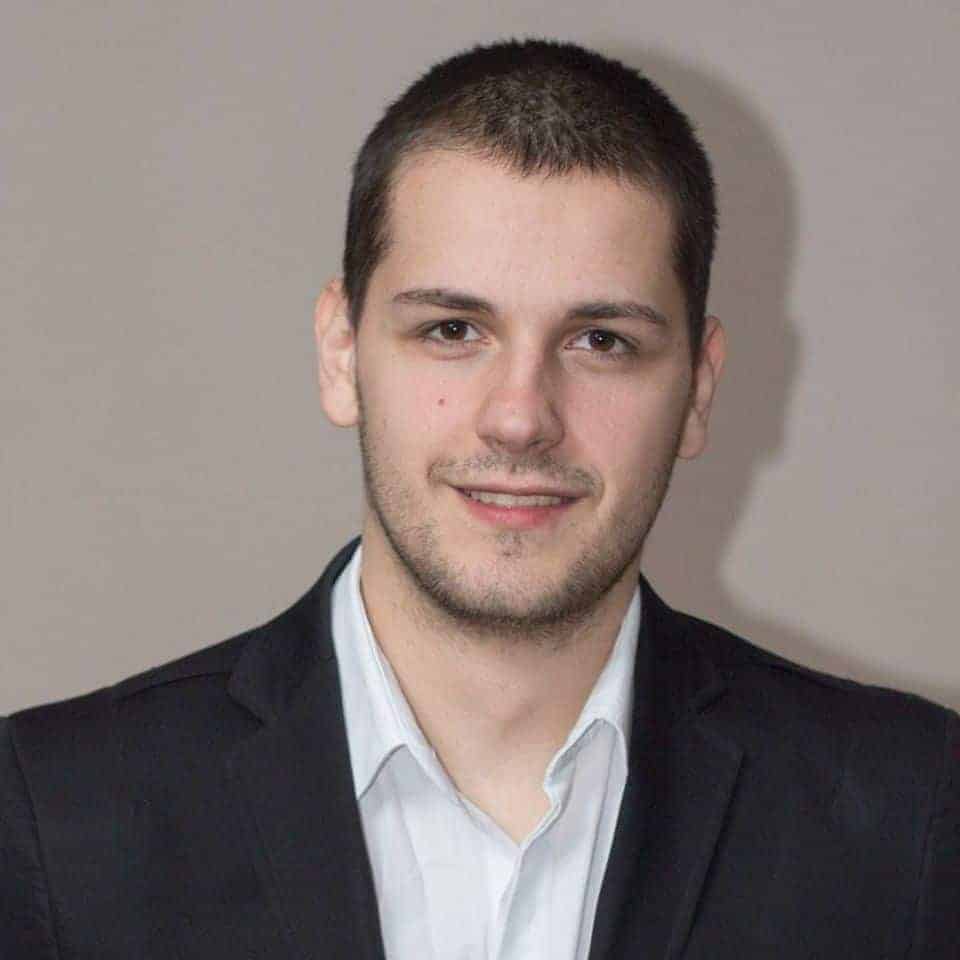
This week, we had the opportunity to speak with Eric Pride, a renowned astrologer who was more than happy to share some information about his work, approach to Astrology, and what is required for a person to become a successful astrologer.
When did you first know that being an astrologer was your calling and how did it come about?
I had been interested in mysticism and the occult for most of my life, and initially studied a number of divination methods including Tarot, Runes, and Tea Leaf reading. Unfortunately, I wasn’t getting the clear results we all hope and wish for when looking for answers. In 2004 an astrology class was presented at a local metaphysical study group. All I knew about astrology was my Sun sign and assumed it ended there.
The course opened my eyes to the beautiful and ancient complexity of astrological observation. Astrology wasn’t just about our Sun sign, it was the positions of each planet and sensitive point in the heavens at our moment of birth that creates an individual snapshot of our lives.
This key to self-discovery was the tool I was hoping to gain studying for my Bachelor’s in Psychology. Not only does astrology help us understand our unique needs, drives, desires, strengths, and weaknesses, it is also a powerful predictive tool.
Using this snapshot, or Natal Chart as we call it in astrology, I could pinpoint days, weeks, months, and years that point to specific events in a person’s life. Learning this I quickly realized that instead of becoming a therapist, I wanted to become an astrologer. Since then I have made it my mission to empower individuals through planetary analysis.
What is your approach to Astrology?
My approach to astrology is predictive. Most modern astrologers shy away from this word, as the majority of western astrology has taken a psychological approach. However, the core and original use of astrology is prediction. It answers what is going to happen to me and when. I get a great deal of push back from colleagues about making forecasts, but I feel it is one of the more responsible uses for astrology.
While I have a degree in psychology, I am not a licensed clinician. So the counseling approach to astrology does not feel ethical as I”m not trained to deal with mental health. I also believe in an honest approach to astrology, and will quickly admit when I am wrong.
My clients know that there will be times when my prognostication may be off, and that’s ok. I always like to say, blame the astrologer, not the astrology. I’ll own the mistake, learn what I did wrong, and never make it again.
Astrology is a living art and we cannot master every aspect of Astrology in one lifetime. Fortunately, we have thousands of years of research which helps reduce error and increase the accuracy of predictions.
What are some of the most popular answers that customers are looking for?
The majority of my clients now come to me for biannual forecasts, where I break down what to expect over the next months. Of course, they often ask me to focus on a particular area of their lives, which is most often employment, love, and financial aspects of life.
The other half of my clients come for Horary readings when they are stuck with a difficult decision to make.
What is the most important detail in maintaining a relationship of mutual trust with customers?
Mutual trust comes, for me, boils down to two main aspects of an astrologer/client relationship. The first is honesty. There may be times when I may struggle to ferret out an answer someone is looking for, and I will let them know.
If necessary, I will refer them to an astrologer that may specialize in that area of astrological analysis. If I can’t answer it, I will connect you with someone who can. I think my clients appreciate that because they know I won’t just make answers up in order to appease them. The other aspect of mutual trust is privacy.
I treat all of my clients’ files just like any medical professional would treat protected health information. This means, that I will not discuss or share your chart or life with anyone unless I have the expressed written permission from the client. Even if I need to check with another astrologer before meeting with a client, I will also confirm I can discuss their chart beforehand.
In this field, it is often thought that word-of-mouth and personal recommendations are the most important when picking an astrologer – is this true?
This is absolutely true! In my years in private practice, it has only been word of mouth that clients have booked with me. I have advertised, done interviews, and been listed in directories. All of which has only yielded maybe 2 clients over the course of my career.
My clients appreciate what I do, and are excited to share their experiences with friends and family who may also benefit from my services. Because of this, I have recently introduced a referral program, which I know many of my clients appreciate.
Was there anything that you felt you needed to do to deepen or develop your abilities/skills?
When it comes to astrology, we need to continuously deepen, develop, and hone our skills. Astrologers I know who have been practicing for over 50 years still attend workshops and lectures in order to continue to develop their toolkits.
A person could study for 1,000 years and still only know a thimble full of astrological wisdom. Astrologers must like therapists and physicians, will always need to continue their training in order to stay up to date with the latest research and methods.
So yes, I continue to invest in my own astrological education and am unable to imagine a time in this lifetime when I wouldn’t.
What do you love most about your profession?
I used to think that the best part about being an astrologer was making accurate predictions. Of course, it’s still exciting and a constant source of endless awe. However, over time it has really come down to the clients I have worked with for years.
Watching them grow, take control of their lives, and feel empowered to live their best lives is truly the most rewarding aspect of my profession.



